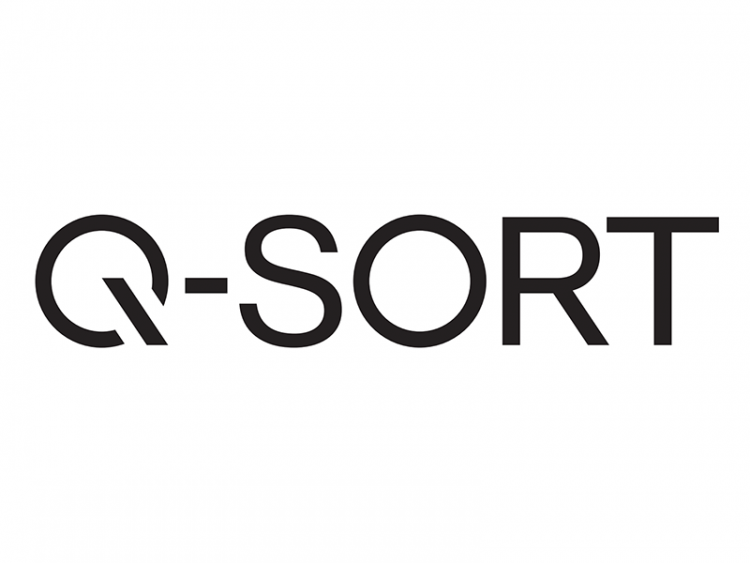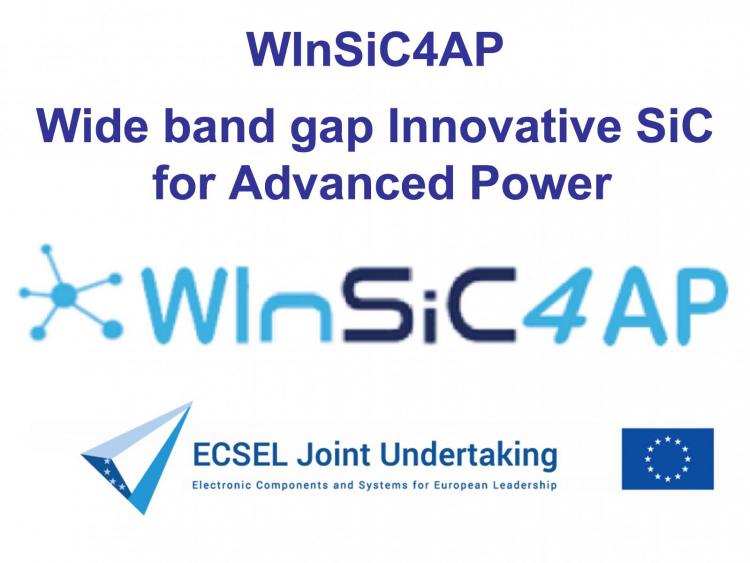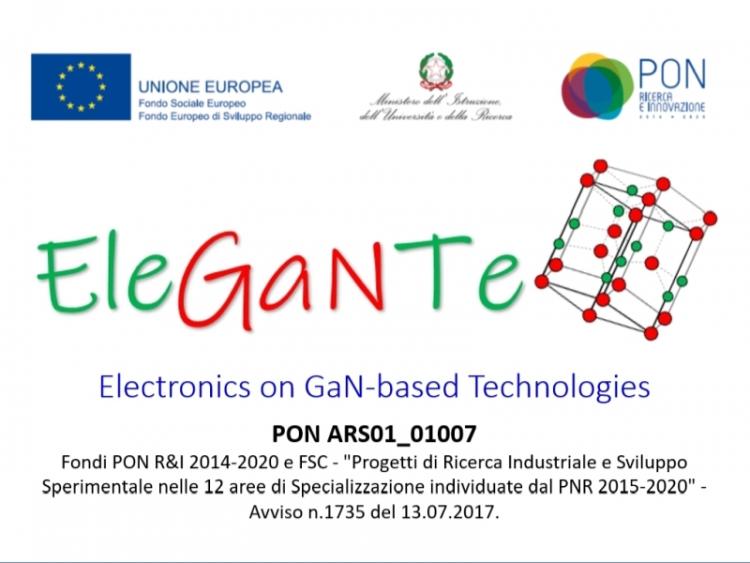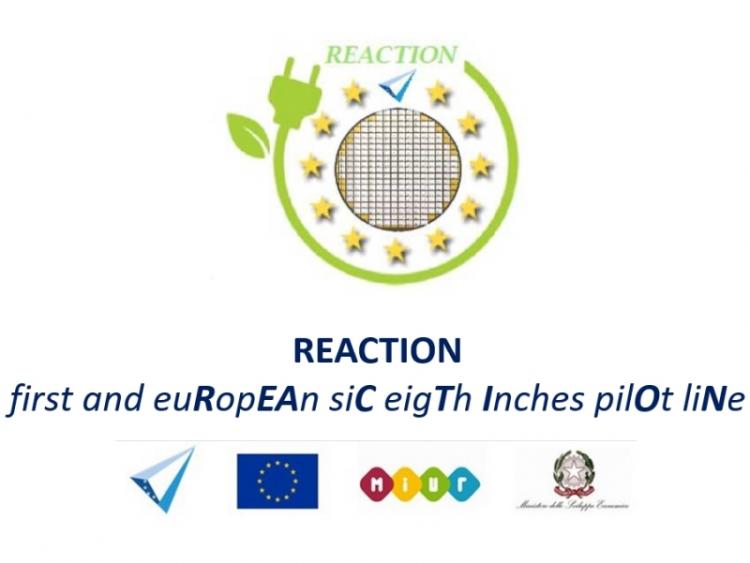
Description
Q-SORT introduces a revolutionary concept whereby the transmission electron microscope (TEM) is employed as a so-called Quantum Sorter, i.e. a device that is able to pick out and display detailed information about electron quantum states. This in turn provides researchers with precious new information about the sample being examined.
Q-SORT also has foundational value in physics as it fosters its own kind of sparse-sensing approach to TEM, advancing the field in the direction of quantum measurement. Intuitively, sparse sensing is analogous to how we recognise familiar people from just a few small details: it means that only a few measurements are taken compared to traditional approaches – yet these are still sufficient to extract all the relevant information. A similar thing happens when we recognise relatives just from their silhouette or profile or any other small detail: we don’t need to see their full face to identify them.
Main objective
The Quantum Sorter leverages the recently-acquired capacity to structure e-beams, which implies that if, in a quantum experiment (tunable state preparation, interaction, analysis), the analysis is performed over the ‘optimal’ basis of quantum states, very few electrons are necessary for the full characterisation of a sought property, i.e. the TEM can be tuned to answer a single question but with maximum efficiency.
Q-SORT introduces a new parallel analysis strategy, based on a suitable conformal mapping of the wavefunction: the starting point is the analysis of orbital angular momentum (OAM), but building a recipe for diagonalising a wider range of observables is one of the planned Breakthroughs of Q-SORT.
The project -which includes applications in physics, biology, and biochemistry- is expected to have a wide-ranging impact due to the ubiquitous adoption of TEM and STEM across many disciplines. Indeed, strong interdisciplinarity, featuring a multi-year collaboration between physicists and biologists, is one of Q-SORT’s defining traits.
Updated project results can be found here
Coordinator: Consiglio Nazionale delle Ricerche
Partners: Fei Electron Optics Bv, Forschungszentrum Julich Gmbh, Max-Planck-Gesellschaft Zur Forderung der Wissenschaften Ev, Qed Film & Stage Productions Ltd, Università degli Studi di Modena e Reggio Emilia, Universiteit Maastricht, University of Glasgo
IMM Contact person: Alberto Roncaglia Luca Belsito
Funder under: European Commission H2020






